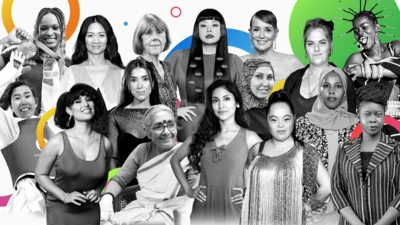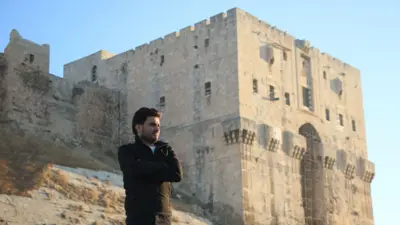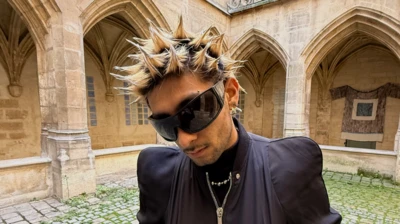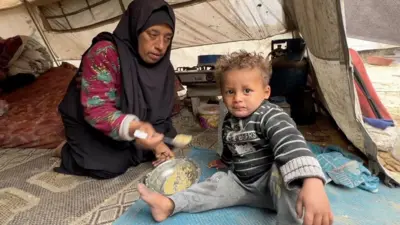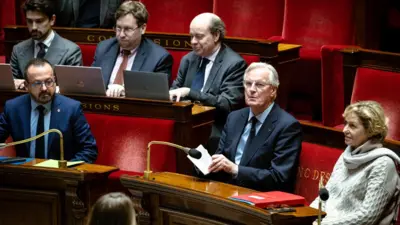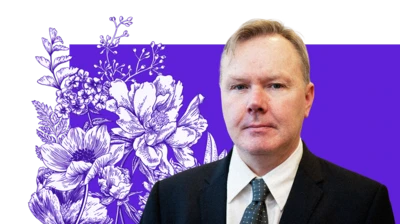We've updated our Privacy and Cookies Policy
We've made some important changes to our Privacy and Cookies Policy and we want you to know what this means for you and your data.
East Africa drought: Africa pledges famine aid
Top Stories
African leaders have raised more than $350m (£215m) in aid for 12 million people facing starvation in the Horn of Africa's worst drought in decades.
Some $1.2bn of the $2.5bn the UN says is needed has been raised worldwide.
Civil society organisations said they were disappointed that just four African heads of state attended the African Union summit in Ethiopia.
But the AU said it was not a question of who showed up, but rather how much money was raised.
The much-delayed conference was the first of its kind for the AU and was aimed at meeting the shortfall in global efforts to raise money for humanitarian relief.
Top Stories
'Not peaked'
Ahead of the meeting, African Union Commission chief Jean Ping urged Africans to "act out against hunger by providing both cash and in-kind support for urgent life-saving assistance to our brothers and sisters in the Horn of Africa".
Top Stories
Asha Rose Migiro, the UN's deputy secretary general, told the conference that "the future of an entire generation hangs in the balance".
"We are still not reaching all the people who need help, and the crisis still has not peaked. The cost in human suffering will rise even higher. We must do all that we can to stop the acceleration," AFP news agency quotes her as saying.
Notable pledges came from Algeria, Egypt, Angola and South Africa, with Africa's newest nation, South Sudan, offering $1m.
However, the bulk of the money raised on Thursday - $300m - came from the African Development Bank, to be used for long-term projects in the region.
The ┤¾¤¾┤½├¢'s Noel Mwakugu in Addis Ababa says 11-year-old Ghanaian schoolboy Andrew Andasi, who has started his own campaign to raise money for drought victims, also attended the summit.
He challenged African presidents to pledge at least $1 each to his fund and told the ┤¾¤¾┤½├¢'s Focus on Africa programme he had so far raised $4,000 this month from "companies, organisations and most of my school friends".
Correspondents say several African governments had faced criticism for their lack of response.
The US, Britain, China, Japan, Brazil and Turkey have all pledged funds to the region, as has the Organisation of the Islamic Cooperation (OIC) - a gathering of Islamic countries - but the contributions have fallen short of the requested assistance.
Monitoring
The AU Commission's vice chairman said it wanted to make sure the money raised reached those in need.
"We have already established a mechanism where we're working with a lot of international organisations - particularly the UN - so that we can monitor and co-ordinate the assistance," Eratus Mwencha told the ┤¾¤¾┤½├¢'s Network Africa programme.
"We have also asked some of the organisations, including the non-government organisations, to prepare a chart where we can follow on and give an indication to all our partners of what they pledged, how much we have received and how much has been dispersed to the needy populations."
The food crisis is said to be the most serious to affect the continent since the famine in Somalia in 1991-1992 at the time the country descended into a civil war from which it is yet to emerge.
Much of Somalia, where five districts are suffering from famine, is controlled by the Islamist al-Shabab group. The group, which is linked to al-Qaeda, has banned many aid agencies from its territory.
Tens of thousands of Somalis have fled to the capital, Mogadishu, and to neighbouring Kenya and Ethiopia, in search of assistance. An estimated 1,500 Somalis have been arriving every day at Kenya's massive Dadaab camp - the world's largest refugee camp.
The UN says 3.2 million Somalis - almost half the population - are in need of immediate life-saving assistance.
Top Stories
More to explore
Most read
Content is not available
